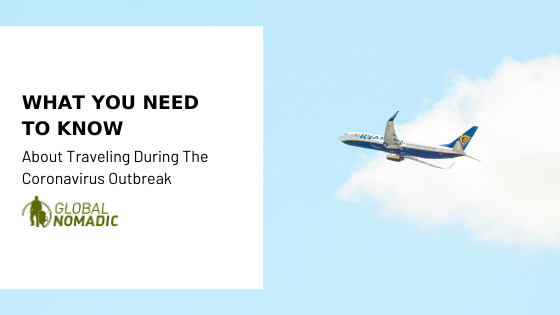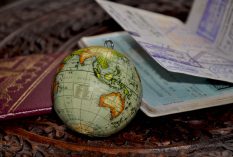The novel coronavirus (COVID-19) first made its first appearance in the Wuhan, Hubei province of China in late November 2019. Since then, the COVID-19 virus has spread to more than 100 countries across the globe, infecting more than 180,000 people and causing nearly 8,000 deaths worldwide.
The World Health Organization gave the coronavirus outbreak pandemic status on March 11, 2020. Countries across the globe are taking drastic measures to slow the spread of the virus in order to reduce the number of total infected cases and give hospitals and medical professionals the capacity to handle those in need of care.
In addition to other efforts, one proactive approach many countries are adopting as a means to reduce the impact of the coronavirus is to implement restrictions on travel internationally, and in some cases, restricting local travel as well.
If you had plans to travel within the next month, you may want to reconsider your trip. Even if travel is not currently restricted within your country, it’s entirely possible that restrictions could be enacted while you are traveling that could make returning home difficult. Not to mention, you may be exposing yourself and potentially others to the harmful virus.
However, if you deem traveling necessary, you’ll need to understand the restrictions that may be present within your home country and the country you are traveling to. Not sure how to find that information?
1) Start with reputable sources of information regarding the coronavirus.
With the constant frenzy of information posted on social media, it’s hard to know what sources you can trust. Your best bet is to stick with government agencies or established health organizations.
Most countries and/or regions have a Center for Disease Control or a Public Health Organization that provide reputable and up to date information regarding the spread of the Coronavirus.
Here are some reputable sites with information regarding global travel during the COVID-19 pandemic:
Coronavirus Travel Restrictions By Location
- Africa Center For Disease Control
- Australia Government Dept. of Health
- Canada Official Travel Advisory
- China Center for Disease Control
- European Union
- United Kingdom
- United States Center for Disease Control
- World Health Organization
2) Check for updates or restrictions established by public transportation companies.
In addition to governmentally mandated travel bans, transportation companies and travel agencies have established their own policies and restrictions in order to keep employees and the general public safe. Before choosing to travel (whether locally or internationally) check with transportation companies regarding changes or restrictions. These companies include:
- Airlines
- Bus Systems
- Train Stations
- Rental Car Companies
3) Stay informed.
With the rapid progression of the COVID-19 viral pandemic, every day there are new updates and changes that could impact your ability to travel. In order to make smart decisions that protect yourself and others, it’s important to stay updated and informed about changes, recommendations, or restrictions impacting your country.
RESOURCES:











